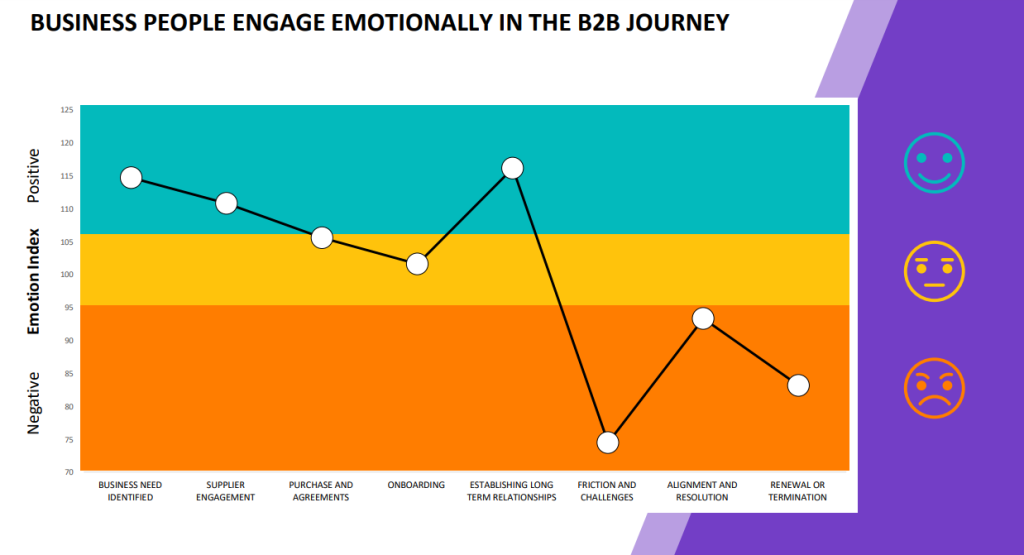Valuable insights for African companies doing business overseas – International Chamber of Commerce (ICC) Report: The Truth About B2B Cross-Border Relationships
The International Chamber of Commerce (ICC) has recently published an in-depth Report on the differences in attitude and approach around the world to commercial contracts and disputes, providing valuable insights and guidance for African businesses trading overseas.
The Truth about Cross-Cultural B2B Relationships is a joint venture between the ICC’s International Court of Arbitration, Jus Connect (part of the global law and disputes intelligence leader Jus Mundi) and consulting firm McCann. It is a summation of:
- 1,700 quantitative interviews with business-to-business decision-makers across nine countries,
- plus 20 one-hour, in-depth interviews with business leaders and dispute resolution specialists,
- supplemented by 20,000 desk research data points.
The results show how cultural difference can affect a business’s expectations of contractual relationships and the knock-on implications for the success or otherwise of the transaction, also influencing how parties behave if something goes wrong and the likelihood of an issue ending in a formal legal dispute. It provides valuable insights for business people looking to anticipate and smooth out any potential wrinkles, making for more successful outcomes.
Businesses, and the people in them, are of course individual and will not always conform to the general pattern in their country. However these insights will be useful as long as minds are kept open and non-comformity anticipated!
According to figures from the London School of Economics & Political Science, African businesses currently trade overseas most with parties in Europe and China. So insights into the differing approaches of businesses in these regions, to contracting, relationships and disputes, will be particularly valuable.
The Report uses four descriptors to compare the typical attitudes of businesses in different countries. Comparing the contrasting approaches in Nigeria, France and China, is instructive:
‘Strategic Balancers’ This describes many Nigerian businesses, the Report found: Strategic Balancers prioritise creativity and calculated risk, although they like to work to realistic goals and with proven track records. They like transparent and direct feedback, at times even if this gives offence.
‘Innovative Explorers’ In contrast, many French business people will look for stretching goals that sometimes may not be that realistic. Opportunities for clashes here. On the plus side, Innovative Explorers will look for collaboration, co-creation and emotional chemistry.
‘Pragmatic Realists’ The Report places many Chinese businesses in this category, favouring a highly practical approach, with clear agendas, making sure all points are met, (but willing to give second chances). Nigerian businesses share some of these characteristics, although perhaps to a lesser extent, and this bodes well for successful business relationships. However a cultural point of contrast is that Pragmatic Realists may not be as open and forthcoming with negative feedback, so if something is not working for them they are less likely to say so directly. African companies contracting with Chinese businesses, or any other in this category, may need be prepared to read between the lines when communicating with their contracting parties, more so than with domestic business partners, and actively invite feedback to be more sure what is happening beneath the surface. Otherwise the potential for legal disputes could be brewing unnoticed.
‘Decisive Custodians’ place structure and value contracts high on their list, they like ‘directness with discretion’ and prefer relationships led by senior individuals.
The Report contains may other insights helpful to African businesses contracting with parties overseas, that could help them manage expectations at the outset, draft their contracts and manage their business relationships accordingly, and make for smoother more successful experiences all round.
The Report also offers insights into the Emotional Lifecycle of a Contract and suggests lawyers could re-think their roles to make helpful contributions at an earlier stage. In a series of simple graphs (see below), the Report examines the emotional highs and lows, from signing a deal to contract renewal (or end), and suggests that earlier involvement of lawyers in the life-cycle could actively help avoid disputes. Emotions are generally high at the point a contract is agreed, as you’d expect, but they drop surprisingly quickly during the onboarding process and can become negative. Businesses say they would like lawyers to be more involved at this early stage to avoid future conflicts, instead of only once a dispute has begun.
The Report concludes ‘Mapping the world by culture allows you to do business with fluency’. That’s the Truth!



